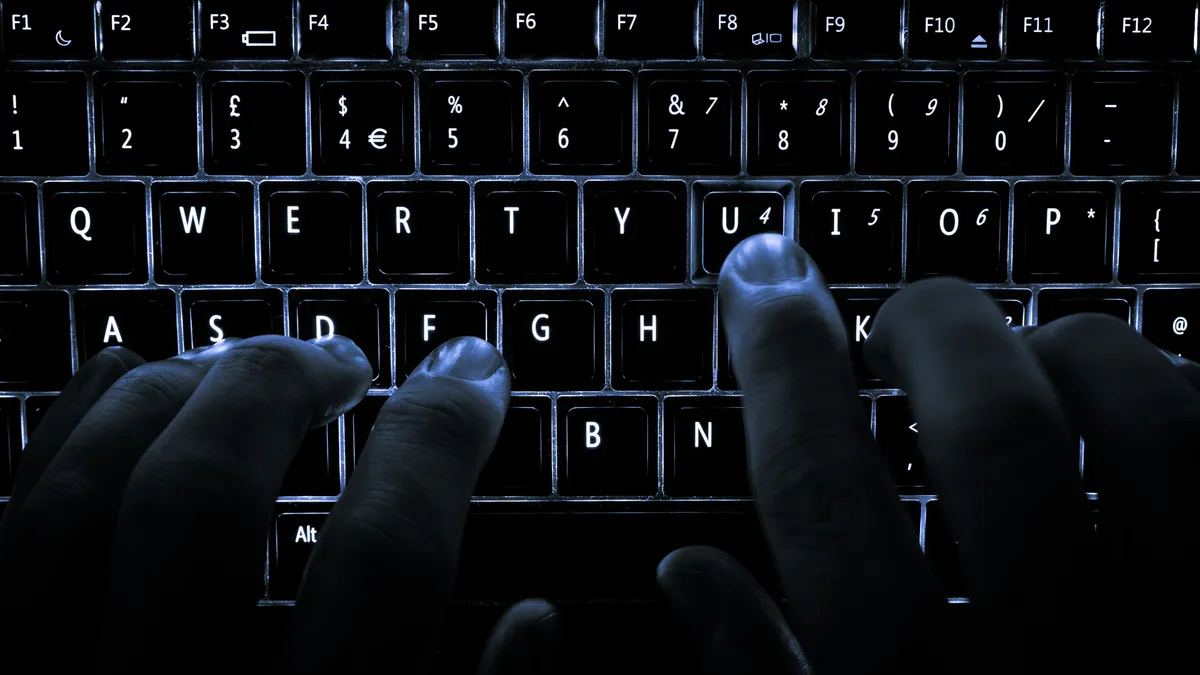Dive Brief:
- A global ransomware attack infected more than 200,000 computers in 150 countries, forcing European schools, hospitals and factories to curtail operations.
- While U.S. utilities remained unscathed, major companies like Avangrid severed external communication ties with their international subsidiaries in an effort to ward off any infection from the malicious software, said to be developed originally by the United States National Security Agency.
- Microsoft CEO Brad Smith likened the attack as the equivalent of stealing Tomahawk missiles from the U.S. military, saying "The governments of the world should treat this attack as a wake-up call." The attack highlighted national security concerns of the potential impact of a cyberattack on the power grid.
Dive Insight:
The massive ransomware attack late Friday night and the weekend assailed computers at FedEx in the United States, a few Spanish firms and, most disturbingly, Britain's public health system, forcing hospitals to curtail operations in an effort to stem the assault.
While no utilities appear to be infected thus far, some took immediate action, according to media reports, by shutting down any internet communication. A type of digital blackmail, ransomware locks the computer to force users to pay up a certain amount in order to access files. For the U.S., this particular attack is a sticky situation since media reports peg a leaked NSA cybertool as a possible culprit.
The attack happened just a day after President Trump signed an executive order outlining a series of actions for federal agencies to strengthen protections for national security, federal IT networks and critical infrastructure.
Utility officials have long feared a massive cyberattack and the potential fallout if it blacked out the grid. In Utility Dive's latest sector survey of more than 600 utility professionals, respondents named physical and cyber security the most crucial issue facing their companies today.
Apart from the ransomware attack, a cyberattack in the Ukraine in 2015 and a scare at a Vermont utility earlier this year already highlighted the potential impact of a prolonged power outage on the grid.
Industry and government officials have started taking steps to address pathways to protect an increasingly digitalized power grid.
Two years ago, North American Electric Reliability Corporation (NERC) ran a simulated attack on the U.S. grid to determine how to improve responses in the event of a real attack. And last year, researchers at the DOE's Idaho National Laboratory (INL) demanded new awareness for grid security as the rollout of smart grid technology raised the risk of cyber attacks.
"With utilities in the U.S. and around the world increasingly moving toward smart grid technology and other upgrades with inherent cyber vulnerabilities, correlative threats from malicious cyber attacks on the North American electric grid continue to grow in frequency and sophistication," the researchers wrote.
While U.S. companies have thus far escaped a successful cyberattack, this weekend's incident just adds more fuel to an already hot fire over how the nation — and President Trump — plan to address cybersecurity. The New York Times reports Trump ordered his homeland security adviser, Thomas Bossert, to coordinate the federal government's response to the ransomware attack and help head the search for the responsible parties.














